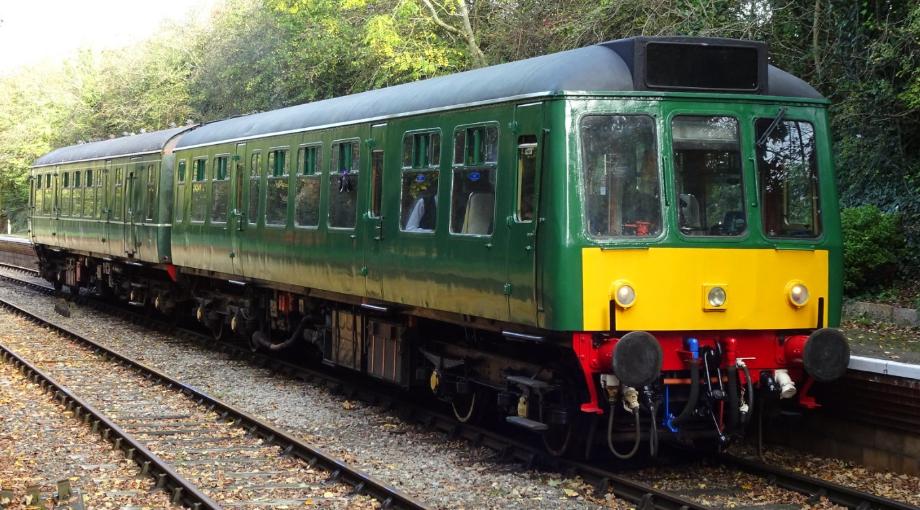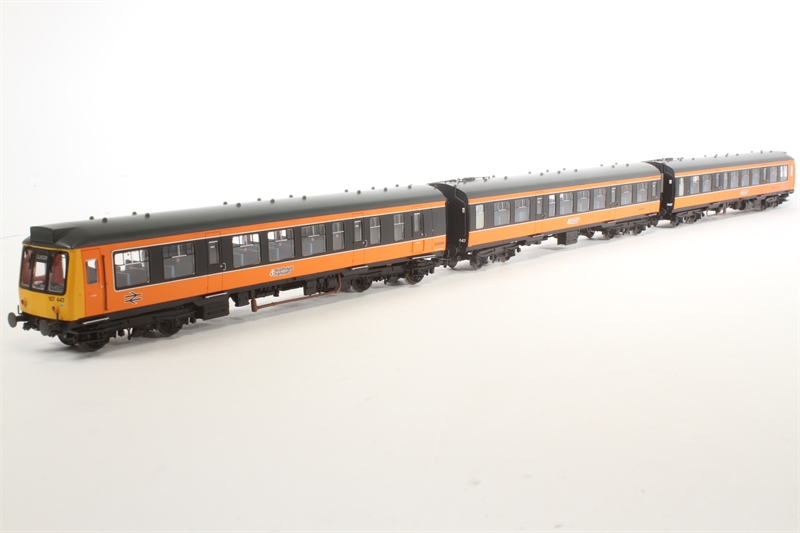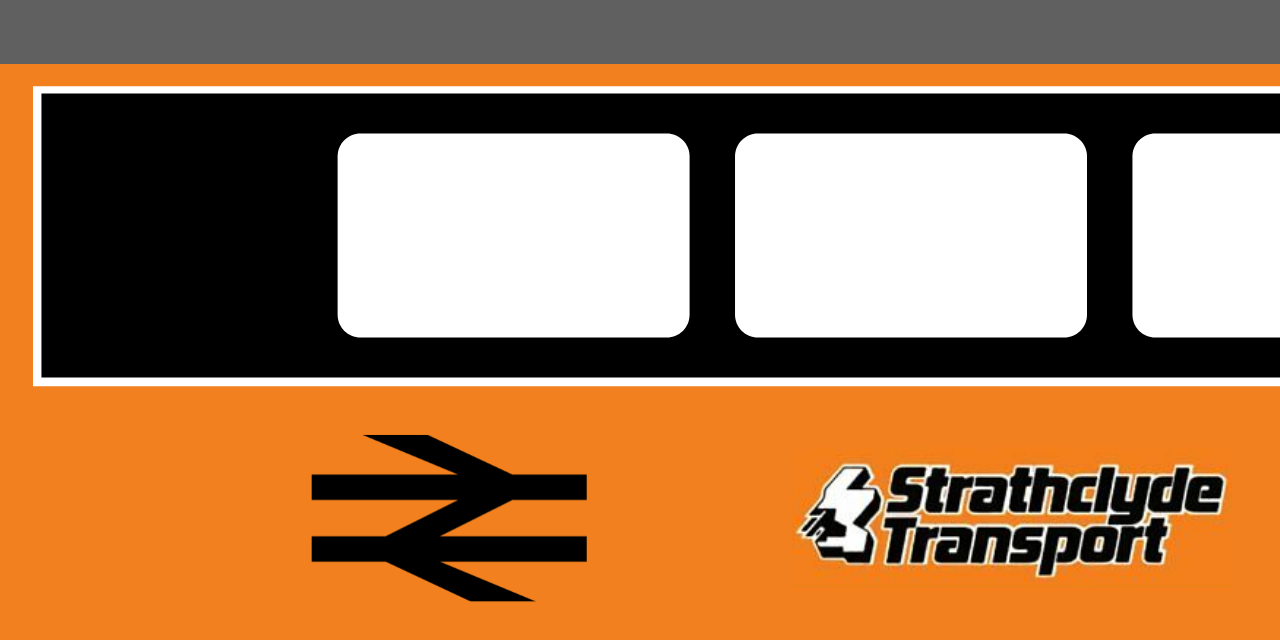Class 107 Profile and Models

107 DMU consisting of SC52025 and SC52006 at Oldland Common on the Avon Valley Railway in October 2017. ©Hugh Llewelyn
|
The British Rail Class 107 diesel multiple units were built by the Derby Works of British Railways and were introduced in 1960. The class looked similar to the later Class 108 units, but were heavier - having been built out of steel. The Class 107s were initially built for suburban workings on the south side of Glasgow and the Class remained in BR's Scottish Region for its service life. When new, a number were used on Dundee/Arbroath services. In later years, they were used almost exclusively on services radiating from Glasgow Central to such destinations as Barrhead, East Kilbride, and Kilmacolm, and - prior to electrification - on Glasgow/Ayrshire services (especially Largs). Most were withdrawn from service by 1991. Many of the units went into departmental use after being withdrawn from passenger use. The class suffered from a structural problem, however, which could result in the bodies separating from the chassis under heavy braking. Several examples of the class have entered preservation. |
|
|
Type of Unit |
1st Generation Diesel Multiple Units |
|
Builder |
Derby Works |
|
Build Dates |
1960 |
|
Total Built |
26 Sets (78 cars total) |
|
Coaches Per Unit |
3 |
|
Power Output |
600bhp per set (150 bhp per engine) |
|
Top Speed |
70 mph |
|
Passenger Capacity |
188 |
|
Operated By |
British Rail |
|
Main Duties |
Local Passenger |
|
In Service Until |
1991 |
|
Surviving Examples |
11 individual cars preserved |



 Strathclyde Passenger Transport
Strathclyde Passenger Transport